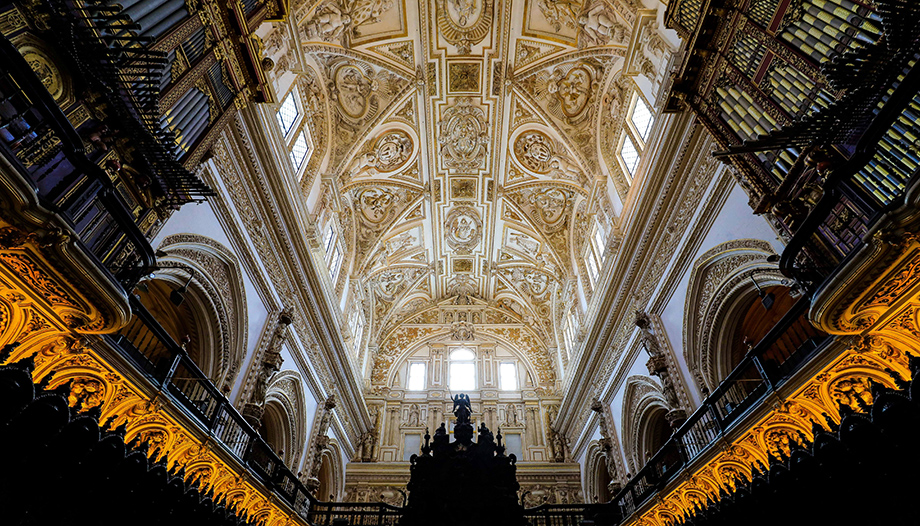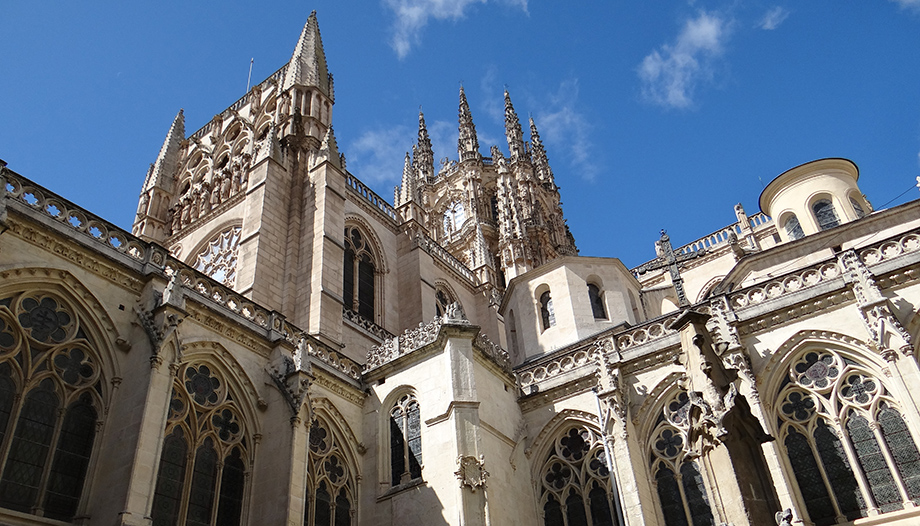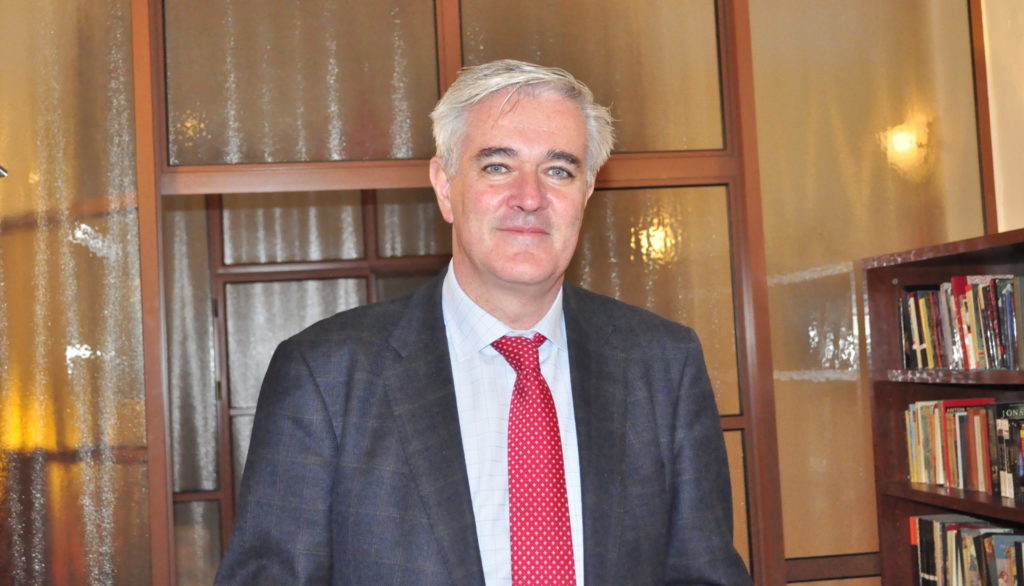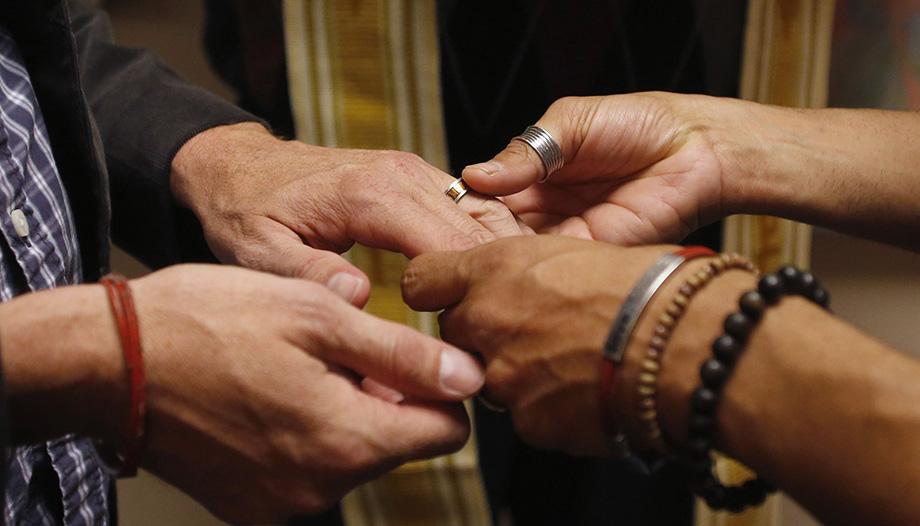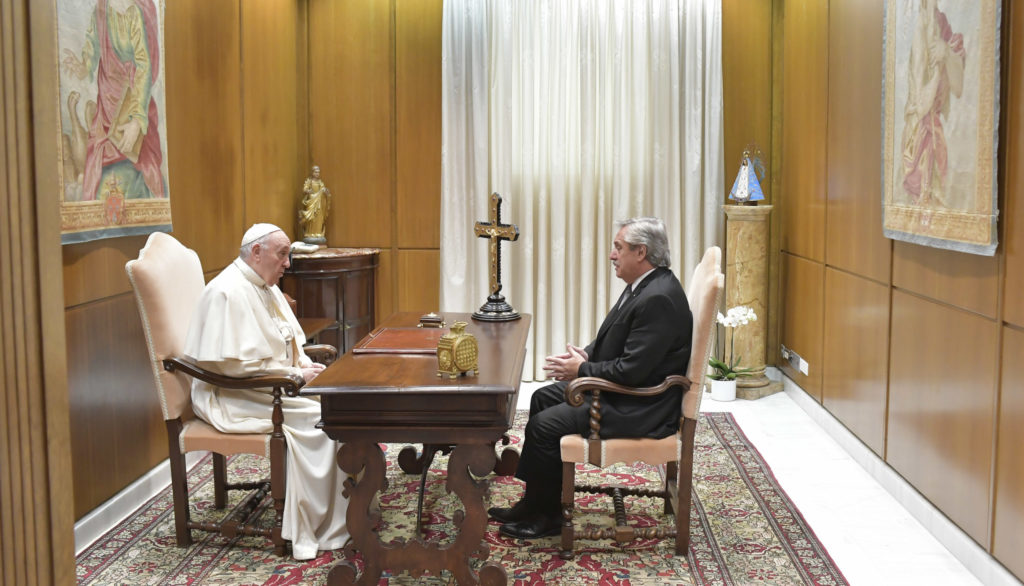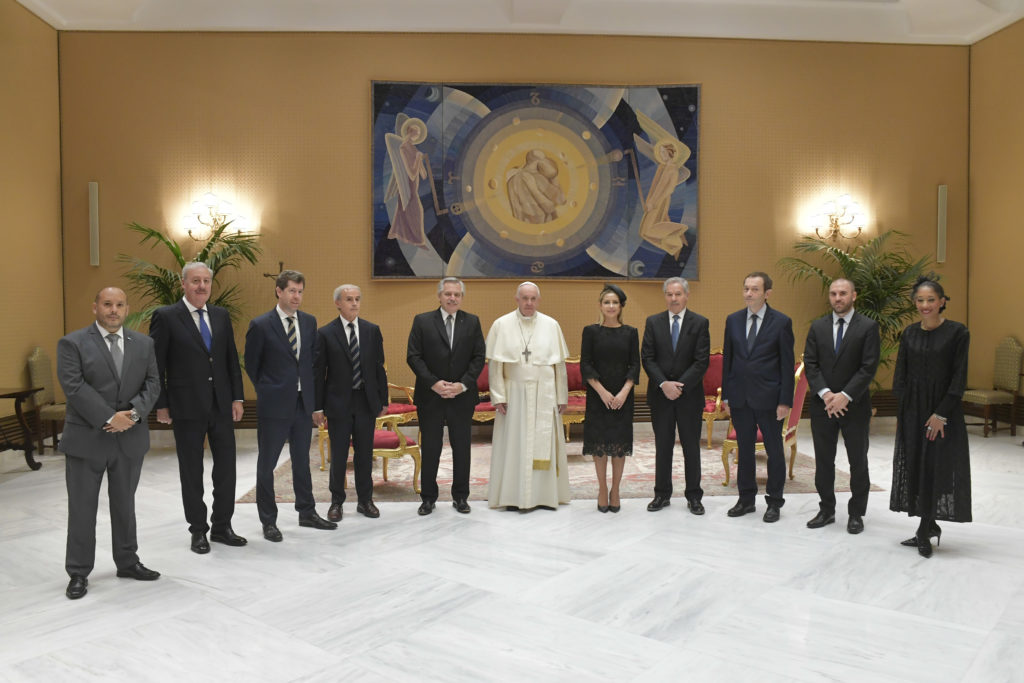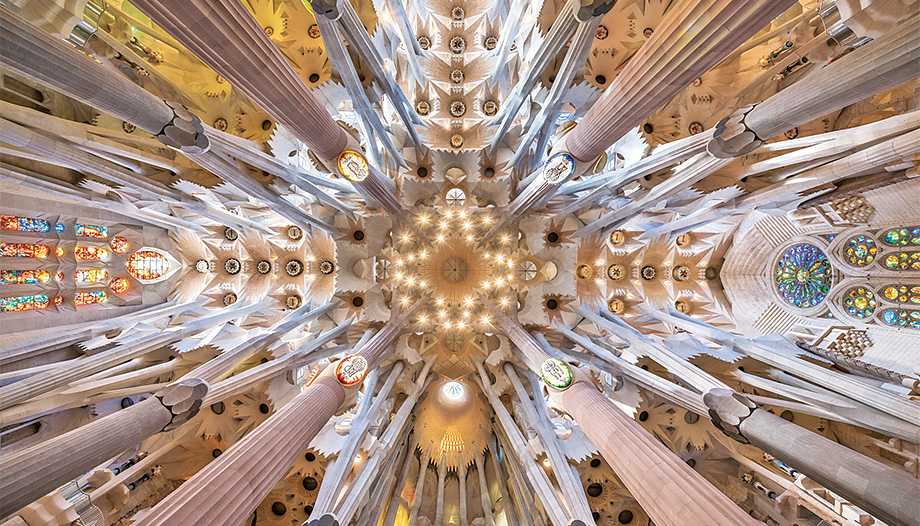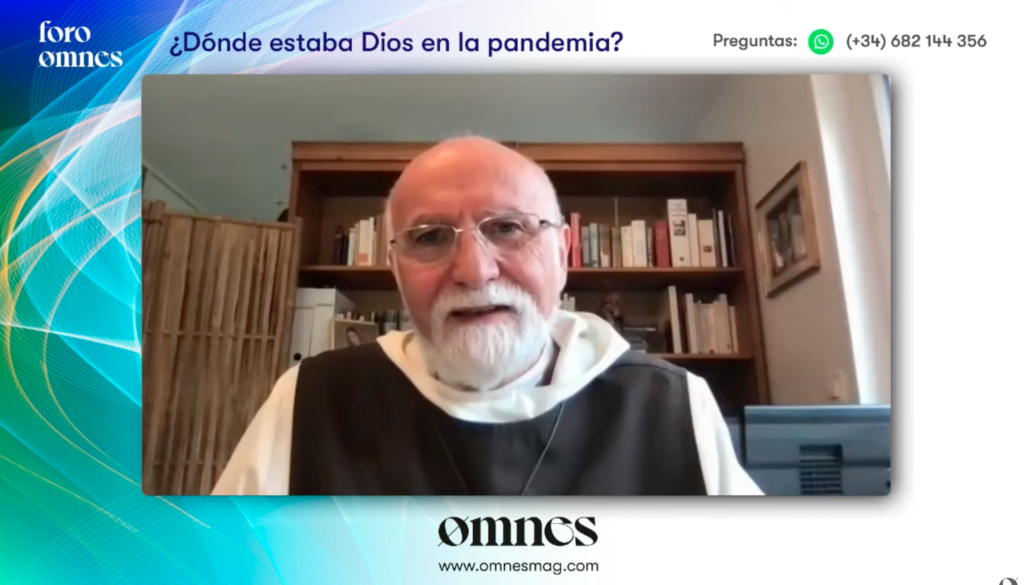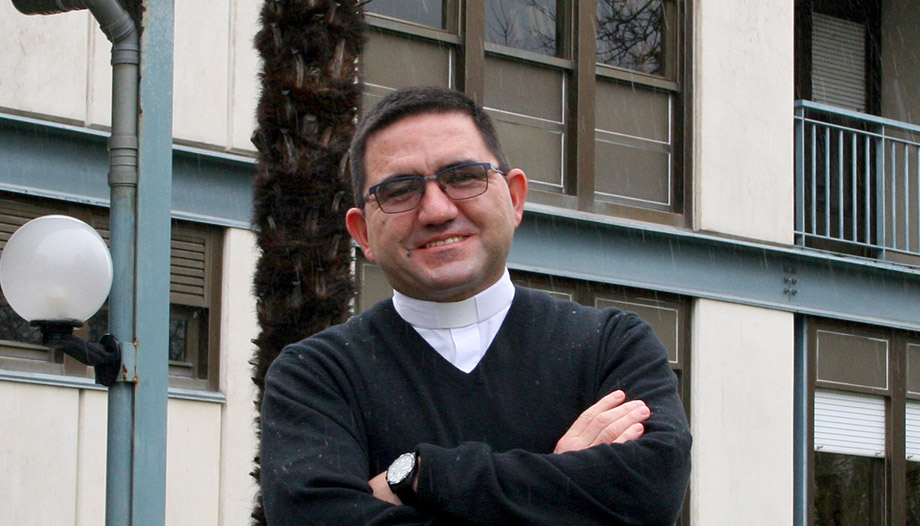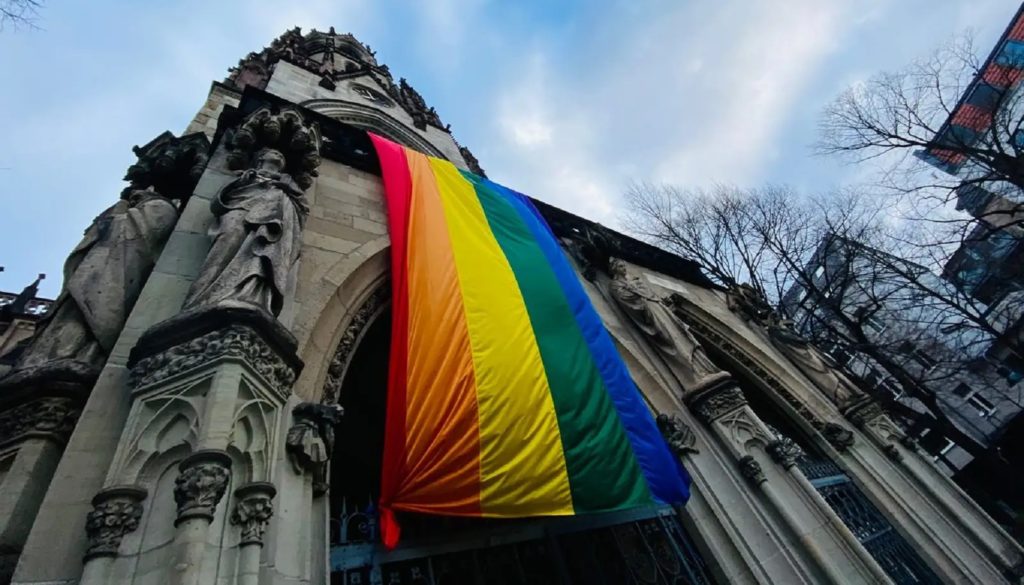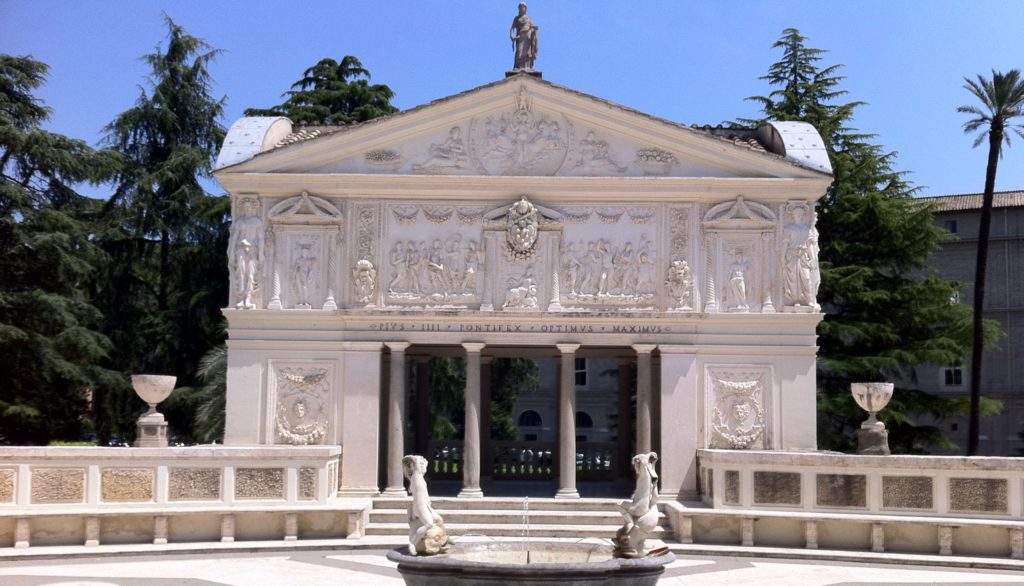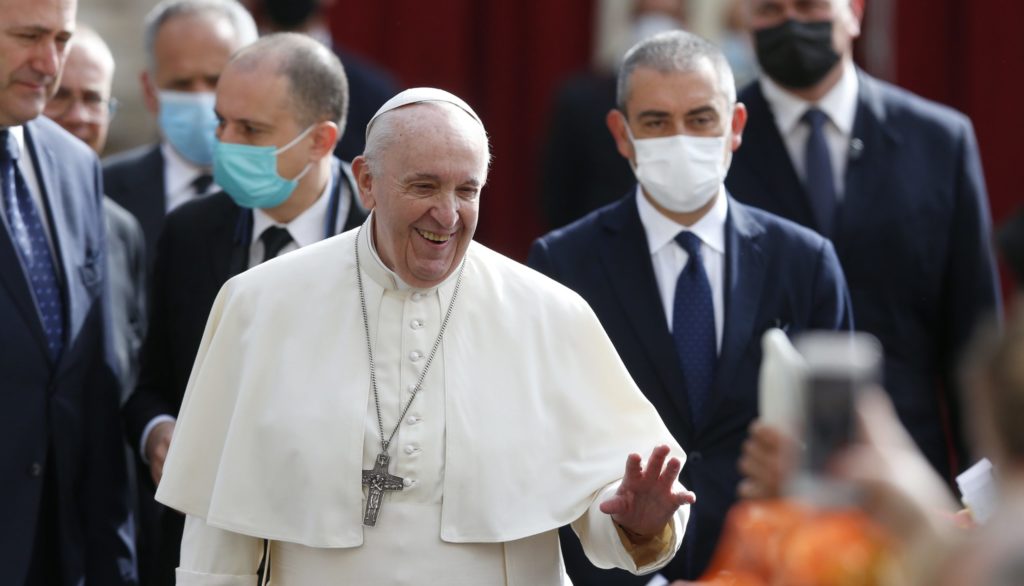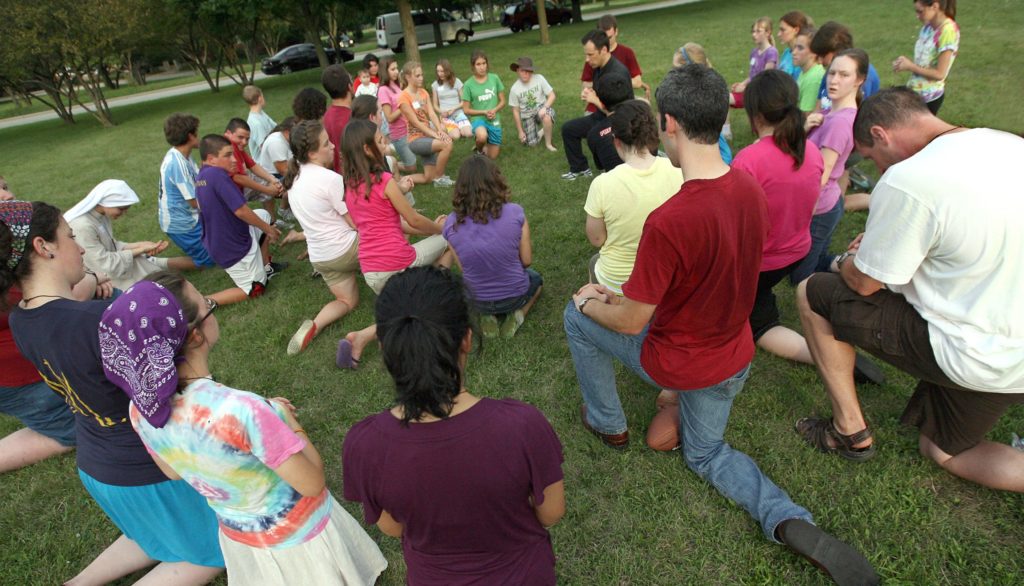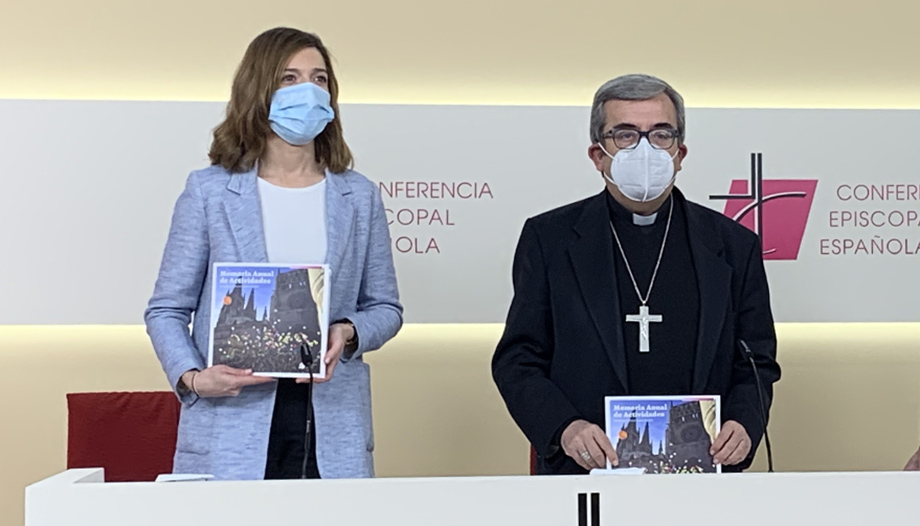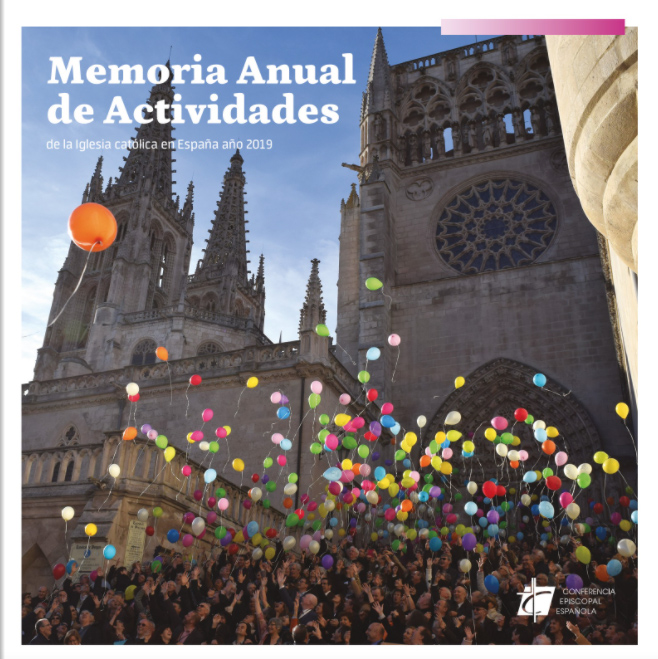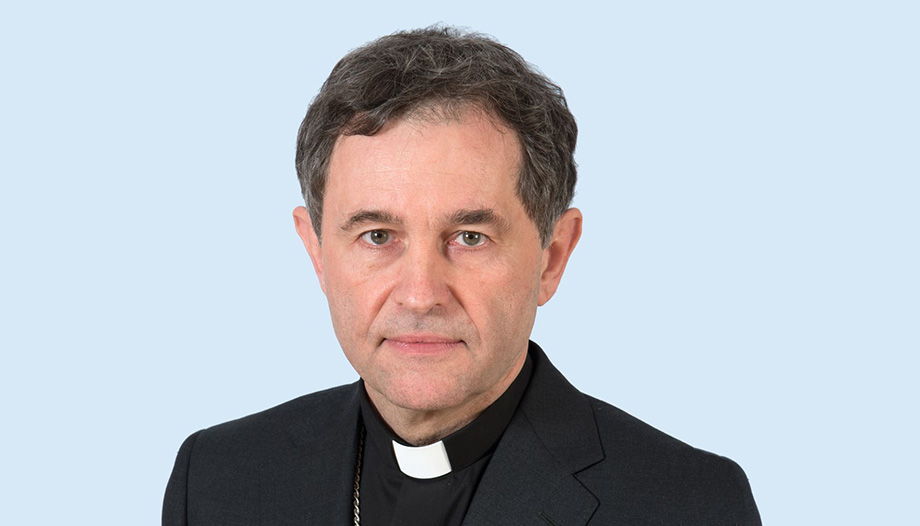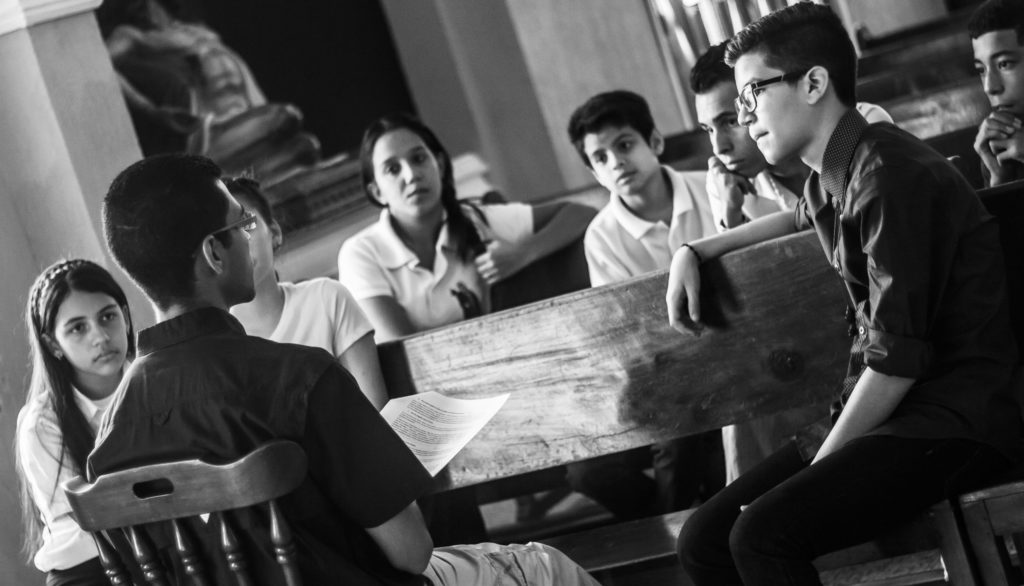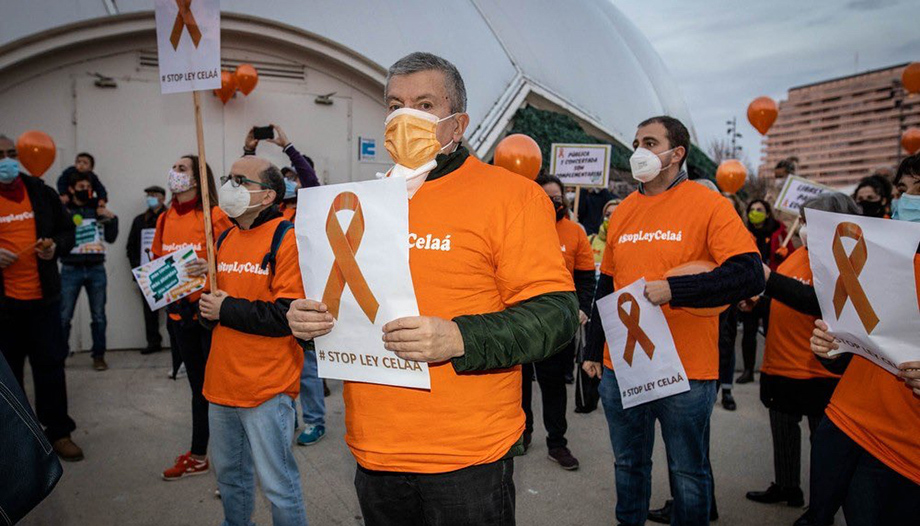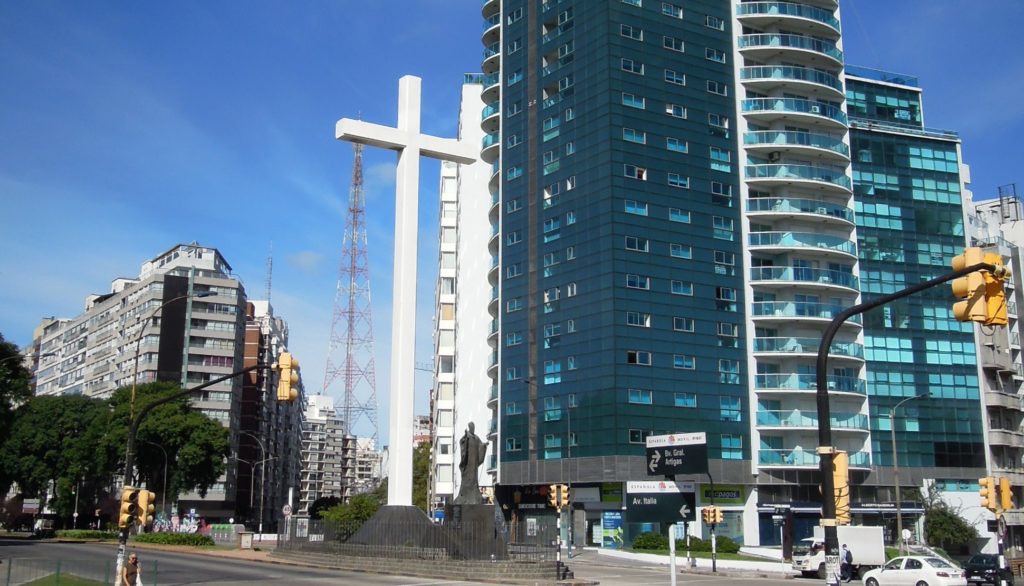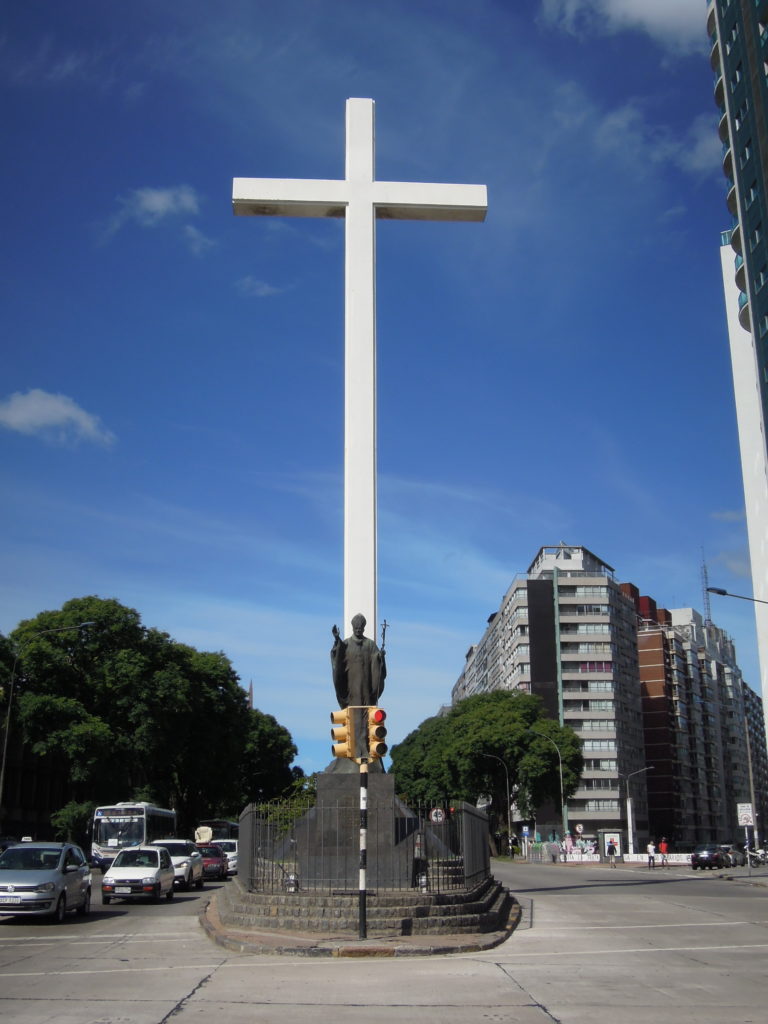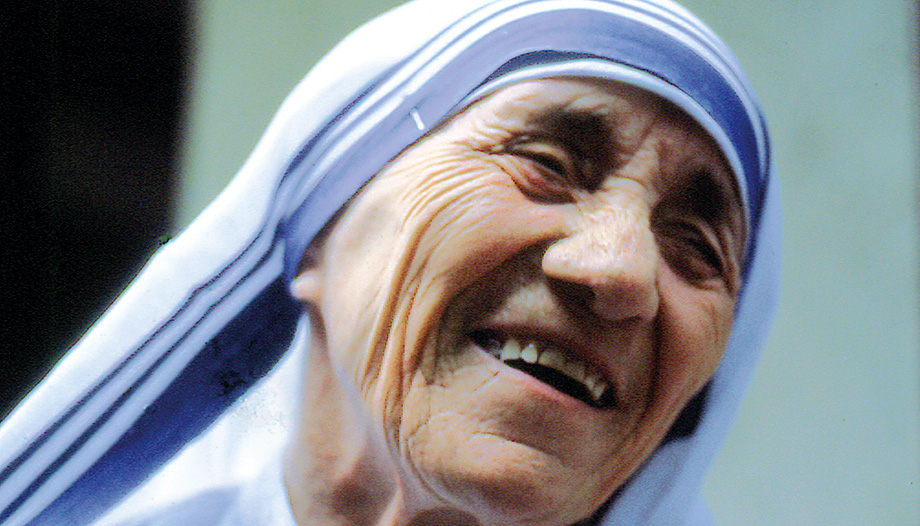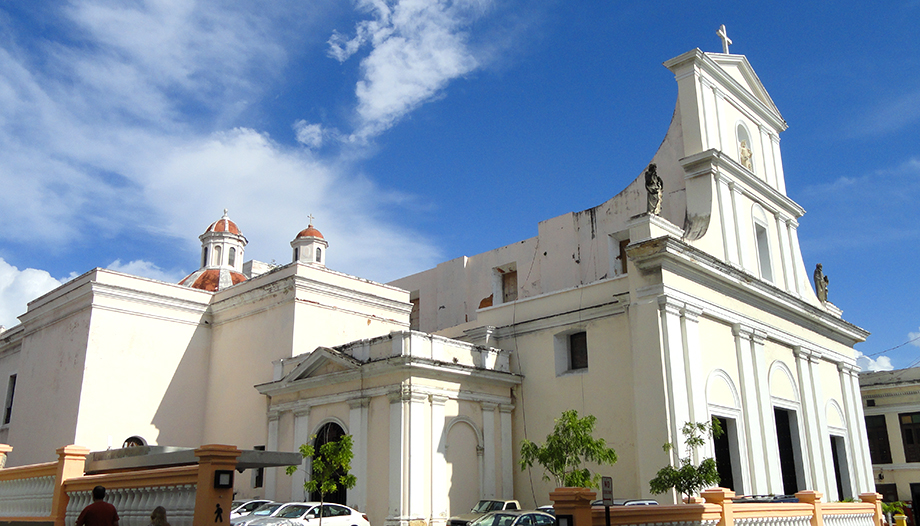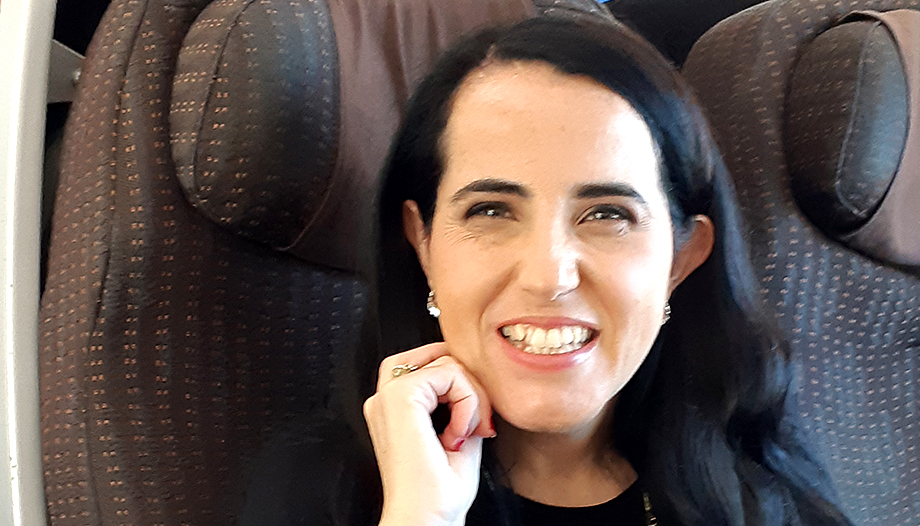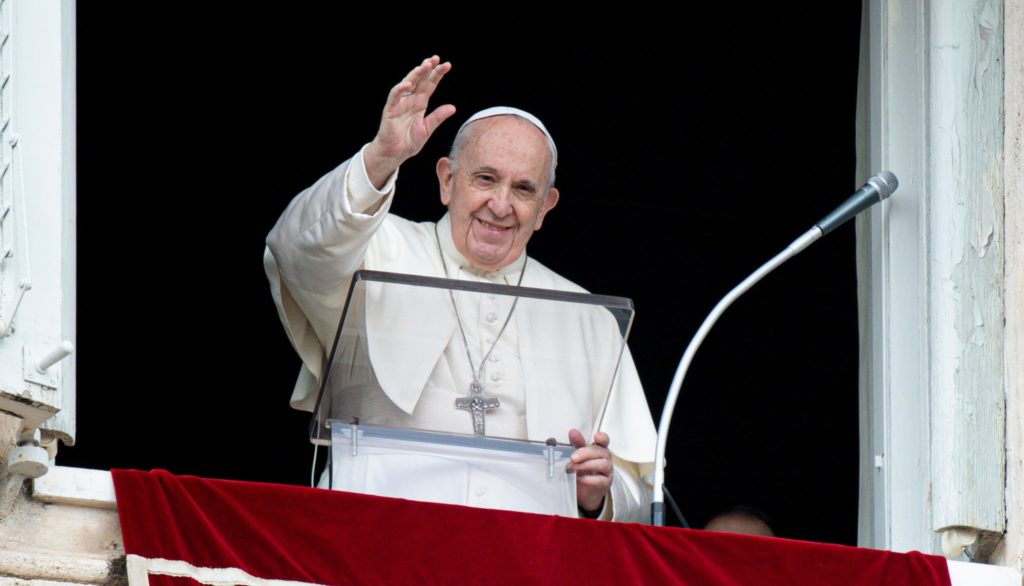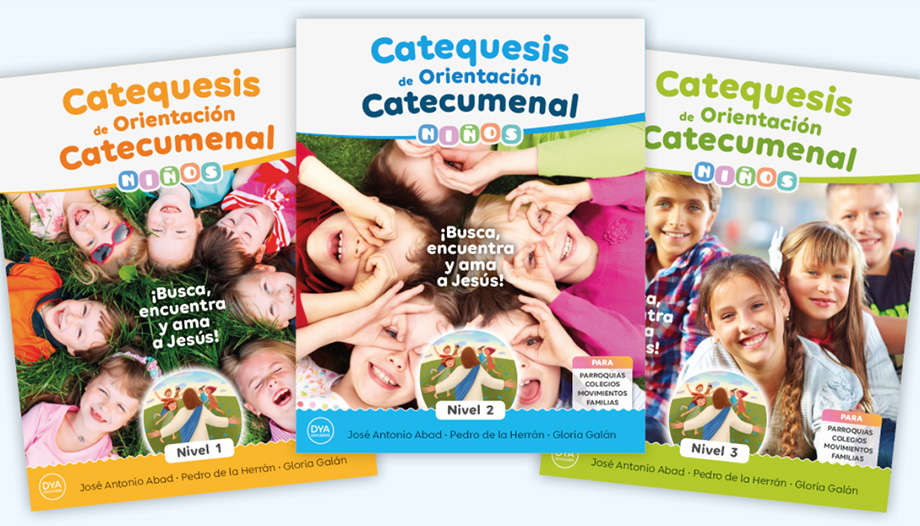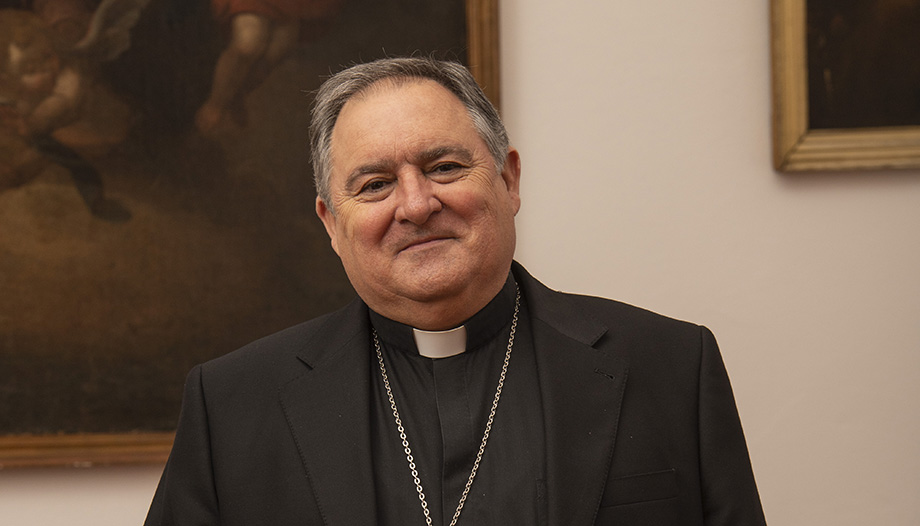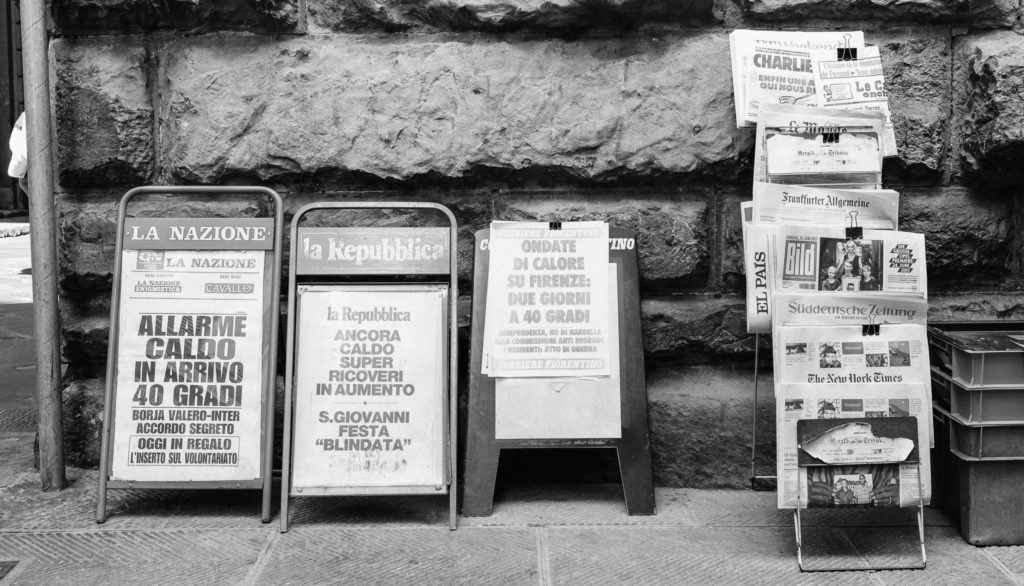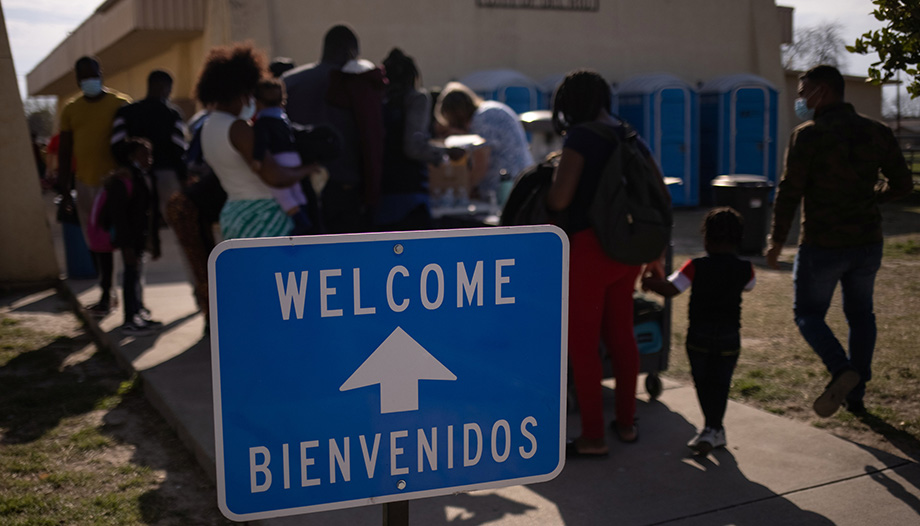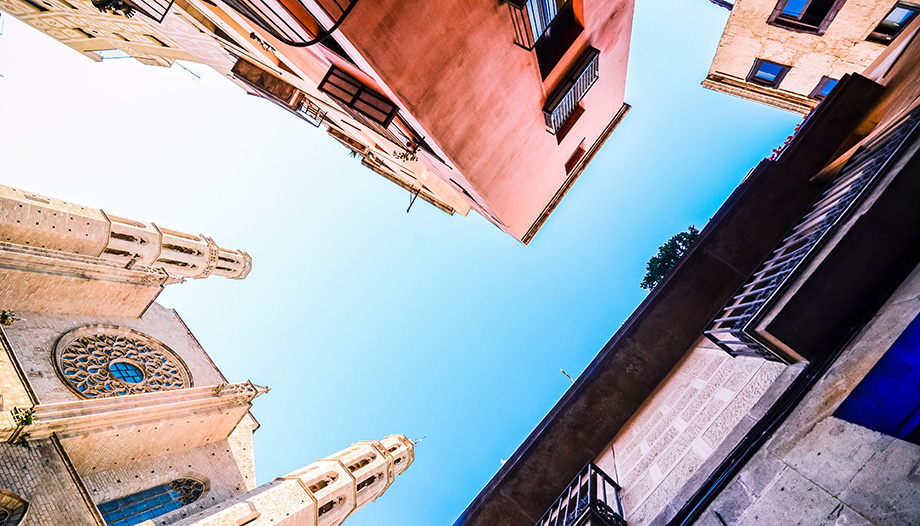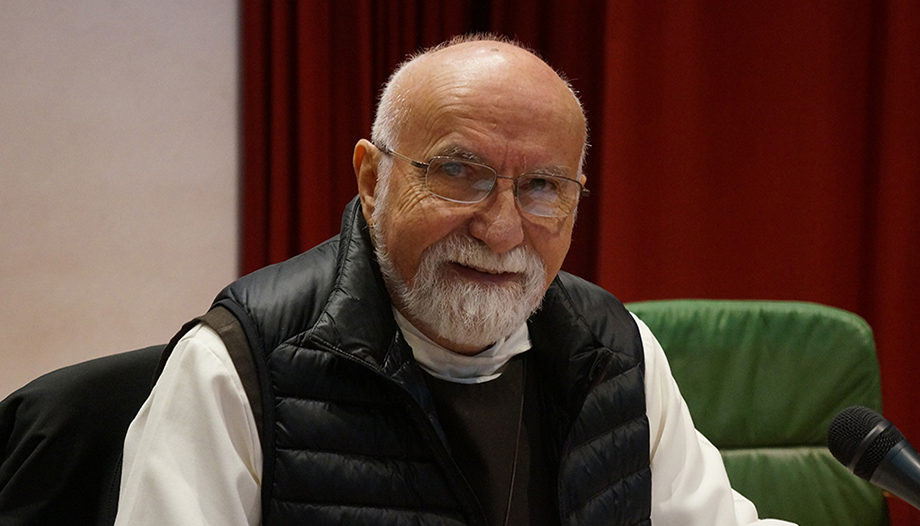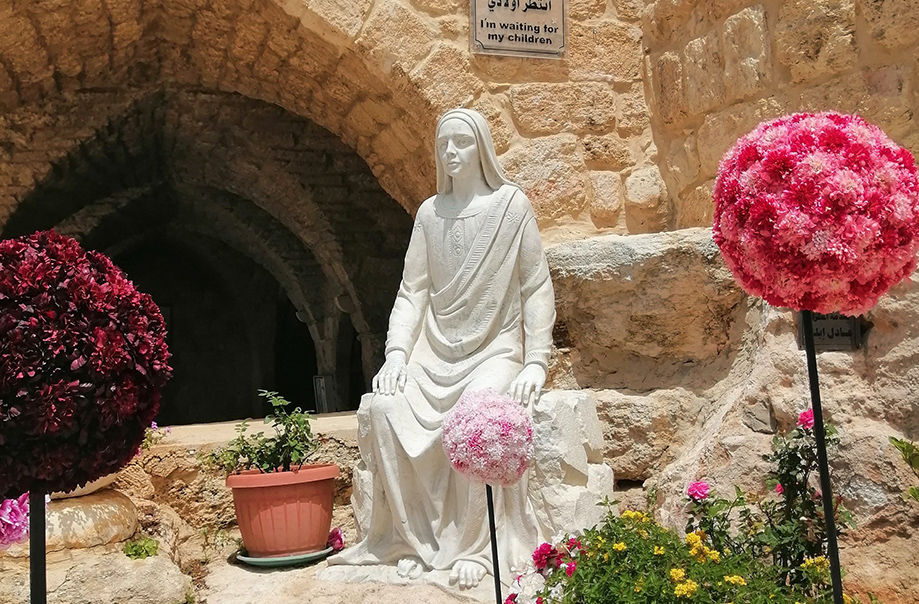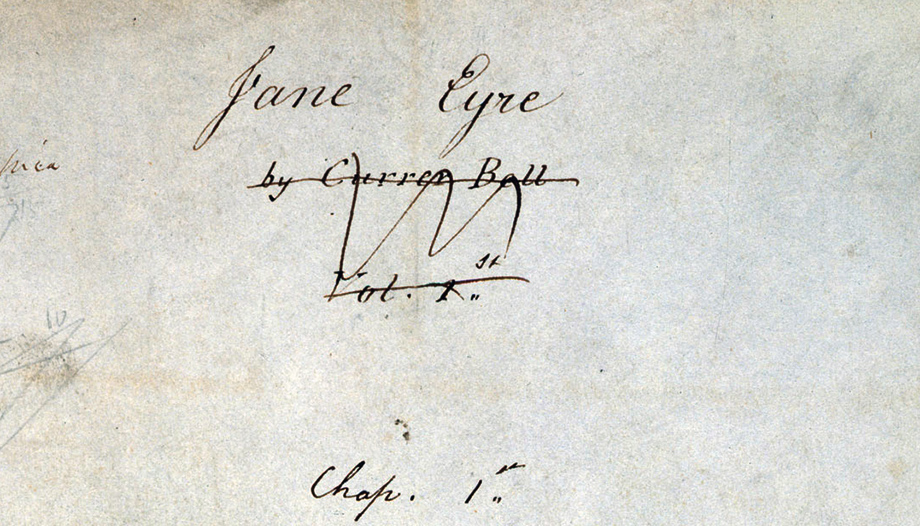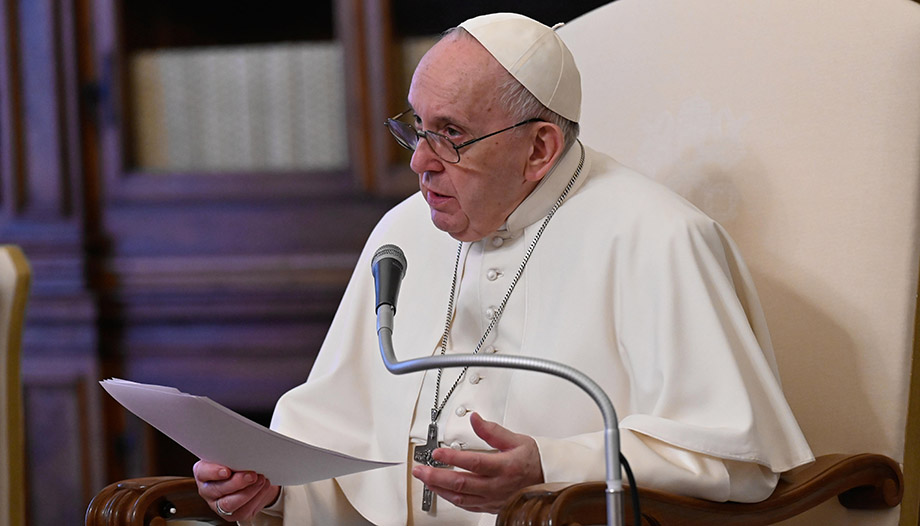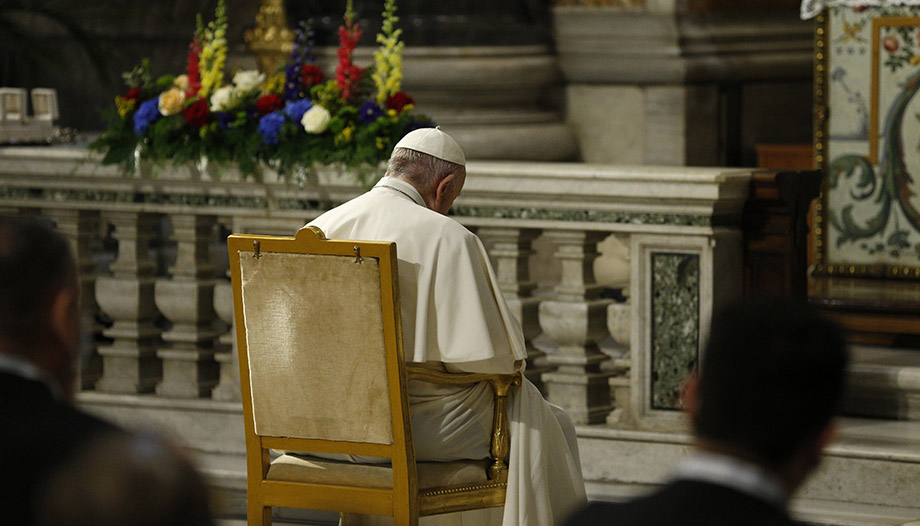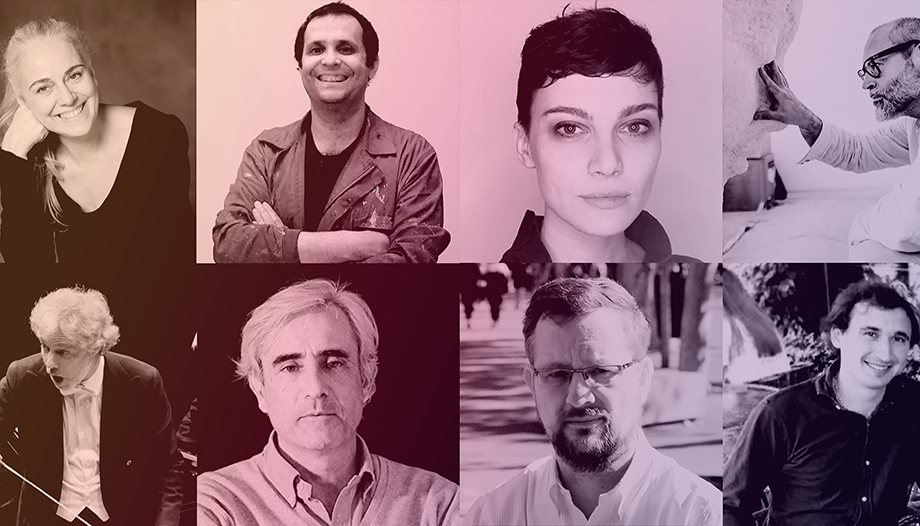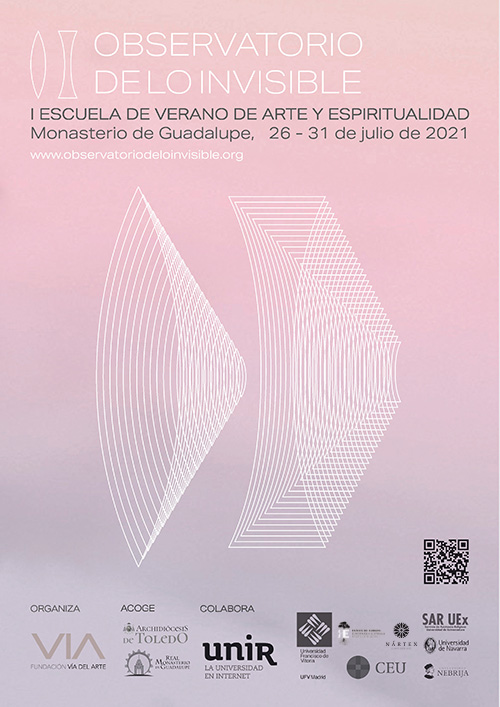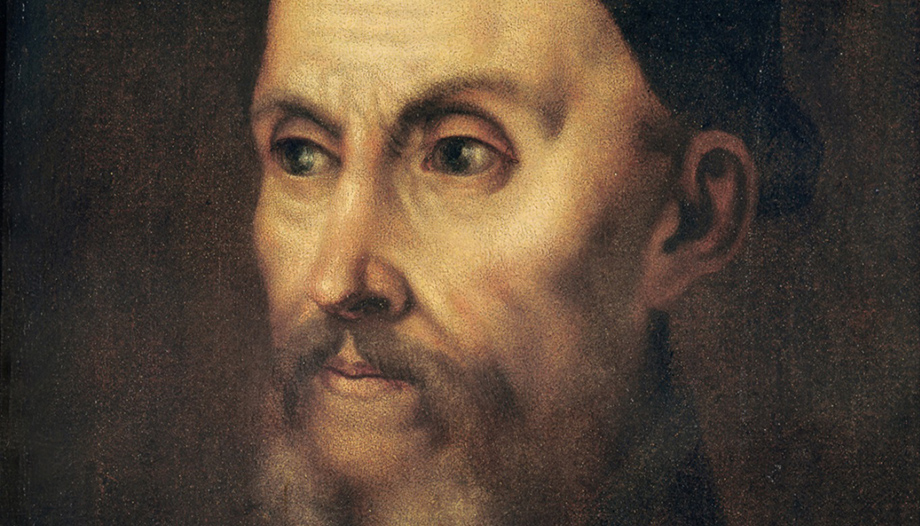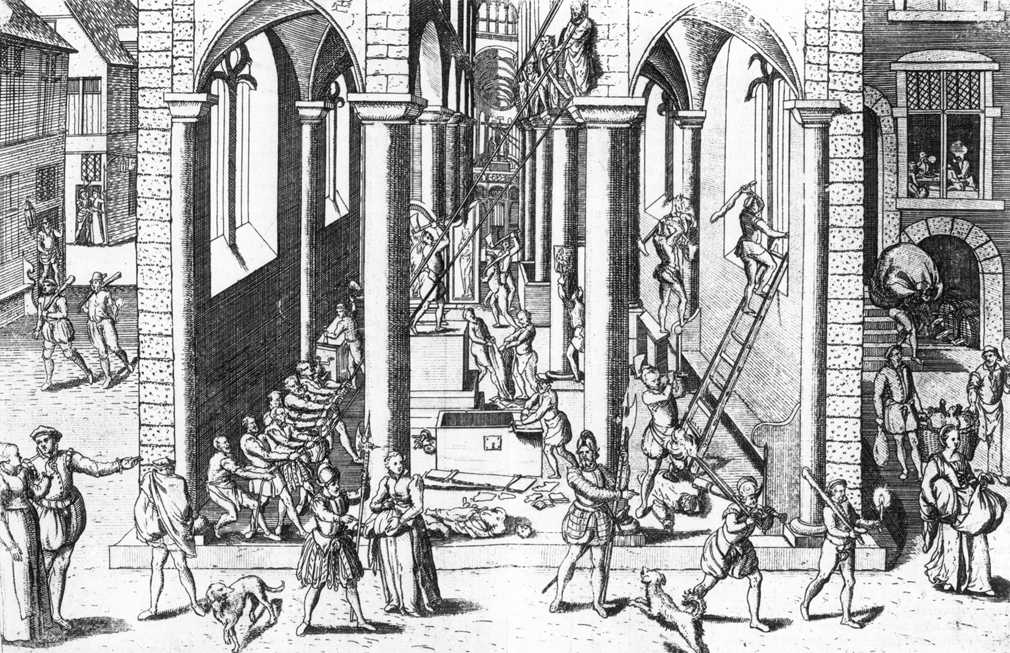Puerto Rico was born Christian more than five hundred years ago and that Christian birth made it equally Marian from its beginnings. Puerto Rican Catholicism is essentially Marian from its origins. Devotion to Mary is rooted in the history of our evangelization and the expressions of our piety and culture. In our terroir we have some 27 sanctuaries, although not all of them canonically erected, of which 15 have a Marian title.
In spite of our modest size, our mountainous geography meant that the districts into which Puerto Rico was divided in the 16th century, then towns erected throughout history and overseas territories, were, from the beginning, sociologically isolated and incommunicado until the development of better transportation and means of communication in the 20th century. So much so that, at the end of the 19th century, the then bishop, D. Juan Antonio Puig y Monserrat wrote to the Holy See that, among the most serious pastoral problems of his diocese was that the majority of the population lived in the countryside and it was very difficult to reach them for their spiritual attention.
The first invocation
The first colonizers manifested their love for Mary by giving Marian titles to parishes, towns, rivers, to their daughters, etc. In the chronicles of their visits to Puerto Rico, Fray Iñigo Abbad (1774), Miyares González (1775), André Pierre Ledrú (1788) and don Pedro Tomás de Córdova (1831) testify to the devotion to the Blessed Virgin that existed among the Puerto Rican people: "Religious ceremonies are very numerous on this Island, and particularly those dedicated to the cult of Mary."
The first Marian invocation that reached our shores, came in the hands of the first Bishop to arrive in America, D. Alonso Manso (arrived in San Juan on December 25, 1512), was the Virgin of Bethlehem. It is attributed to this Marian invocation to have intervened in the retreat of the Dutch in 1625, in the victory over the English in 1797 and on other occasions.
In the 16th century in Hormigueros, a town in the southwest of the island, Giraldo González was miraculously saved from the attack of a wild bull by imploring the help of Nuestra Señora de la Monserrate. In gratitude and devotion to her, he built a hermitage dedicated to Mary under that invocation. Years later, the chronicle of Diego Torres Vargas tells that a daughter of Giraldo was lost in the forest and fifteen days later she appeared in good health saying that during those days she had been cared for by "a lady", an event that was also attributed to the intercession of Our Lady of La Monserrate. Since the end of the 16th century, both chroniclers and historians have emphasized the Marian devotion in this sanctuary where "The faithful from all over the island concur to hang the vows they have made to save themselves in the storms and labors; the walls are filled with these vows, with some pictures representing the great dangers from which divine mercy has freed them through the intercession of this Lady. And these islanders, guided by the best principles, devoutly imitate the piety of their parents, frequenting this sanctuary to pay to Mary sincere gratitude for the divine benefits they have obtained through the intercession of this image". This is how Fray Iñigo Abbad expressed himself in 1782.
Since the 18th century, Bishop Fernando de Valdivia y Mendoza declared this hermitage a sanctuary, which has served as a meeting place for the Puerto Rican people with Jesus and Mary. Before last year's pandemic, this holy place was frequented by thousands of pilgrims, who expressed their devotion by praying the holy rosary, wearing habits, presenting votive offerings, offering flowers and even climbing the steps of the sanctuary on their knees, sometimes wearing suits made of sackcloth, as penitents and offering alms to the poor.
Richness of invocations
Another Marian devotion present in our homeland is the Virgin of Valvanera. Before the cholera epidemic in 1683 that struck the town of Coamo, Don Mateo Garcia, gathered the few who remained unaffected and told them: "Inhabitants of Coamo... the Blessed Virgin is Mother of mercy. If we go to her with living faith and true piety, she will surely remedy our ills...". The people with deep faith cried out for divine help before the Mother of God, promising to build a temple in her honor, and to celebrate every year on September 8 a mass in honor of the Virgin of Valvanera. The miracle of faith occurred, the cholera stopped and the plague disappeared. Good anecdote for what we are living in this last year with the COVID pandemic.
The invocation of the Virgen del Carmen is one of the most celebrated in our archipelago. In our town, since the XVII century, there was a Confraternity of the Virgen del Carmen in the Cathedral and the convent of Carmelite nuns (first of the primitive observance of the Order in America). When the Carmelite Fathers arrived in Puerto Rico in 1920, devotion to the Virgen del Carmen was already widespread and was a favorite of the Puerto Rican people. She is loved and venerated as Patroness of nine towns and her feast is celebrated, not only where she is the patroness, but throughout the length and breadth of our coasts and even in towns in the center of the island, although she is usually associated with sailors, fishermen and coastal areas.
The invocation of Mary, Mother of Divine ProvidenceThe first of its kind in Italy in the 13th century by St. Philip Benicio, SM, who upon seeing the need of the friars of one of his convents in Italy, implored the help of the Virgin and promptly found a basket of food at the doors of the convent. Not knowing its origin, he raised a prayer of gratitude to the Virgin of Providence for answering his request. The invocation developed and spread throughout Europe until it reached Spain, where one of its devotees was named bishop of Puerto Rico in the middle of the 19th century. Thus on October 12, 1851 the Bishop of Puerto Rico, D. Gil Esteve y Tomás, chose this title Nuestra Señora de la Providencia as the invocation of the Virgin for his diocese and commissioned an image of her in Barcelona as a votive offering. This request is due to the fact that the bishop found a diocese in great pastoral and economic difficulty, so his faith in Providence and in the intercession of the Virgin was fundamental to face this situation. His faith and tenacity were manifested when he was able to finish the construction of the Cathedral in a few years, as well as to face some pastoral situations.
The image of the Patroness
The image was enthroned in the Cathedral of San Juan on January 2, 1853. In 1913 Bishop D. Guillermo Jones, O.S.A., minted a medal with the inscription "Our Lady of Providence, Patroness of Puerto Rico". Luis Aponte Martínez, the new Archbishop of San Juan (the first Puerto Rican Archbishop), asked the Pope that Our Lady, Mother of Divine Providence, be canonically declared the Principal Patroness of Puerto Rico. On November 19 of the same year, Pope Paul VI granted this petition. On December 5, 1976, the image of the Patroness, who arrived in 1853, was canonically crowned. On this occasion, the bishops of the country published the pastoral letter on Mary in God's saving plan. In it they affirm that the faith of our people cannot be properly understood or properly attended to without taking into account the deep Marian devotion that has always animated it.
During his visit to Puerto Rico on October 12, 1984, St. John Paul II, in his homily at Mass, recalled the centuries-old Marian devotion of Puerto Ricans and urged the faithful to build a sanctuary dedicated to their Patroness. On November 19, 1990, Cardinal Luis Aponte Martínez blessed the first stone of the future sanctuary. On November 19, 2000, the monumental cross erected in the plaza built on the grounds of the future Sanctuary of Our Lady of Providence was blessed. On November 19, 2009, the old image, recently restored in Seville, was received and publicly exhibited on the occasion of the 40th anniversary of its patronage over Puerto Rico and to celebrate the fiftieth anniversary of the same, a Marian year was proclaimed from November 19, 2019 to 2020. During the same, despite the pandemic and after overcoming the difficulties brought by the same, pilgrimaged, for the second time in recent years, a simple image of Our Lady of Providence, by the vicariates of the Archdiocese of San Juan. This practice of pilgrimage of an image of Our Lady of Providence, as well as other invocations, is common in the country.
In 2012, on the occasion of the fifth centenary of the founding of the Diocese of San Juan and the arrival of its first bishop, a large gathering of the faithful from all over the island was held in the largest coliseum in the country (full to capacity), with the special presence of the canonically crowned image of our Patroness, to be venerated by the attendees. The celebration was an expression of great fervor of the Catholic Marian people of Puerto Rico.
Popular piety
The prayer of the holy rosary has been fundamental in the popular piety of the country. Even when its family prayer has declined, it continues to be one of the most common popular devotions of Puerto Rican Catholics. With time, the prayers of the rosary were musicalized with typical rhythms, making possible the creation of the "rosarios cantaos" (sung rosaries), which are still heard especially in our countryside.
In our people, faith, devotion to Mary, popular piety and culture are manifested in a special way during the month of May (the month of flowers, of mothers and dedicated to the Virgin) in what we call Rosaries or Fiestas de Cruz. Miguel A. Trinidad tells us that the origin of this devotion dates back to May 2, 1787, when a great earthquake struck the country on the eve of the feast of the Invention of the Holy Cross. The custom was very popular in the 19th century. There are vestiges of festivities in honor of the Cross in Spain, but the way it is celebrated in Puerto Rico is autochthonous.
Although they are called Rosaries, we are not talking about the meditation of the mysteries of the life of Jesus Christ and the Virgin Mary, with the recitation of Our Fathers, Hail Marys and Glory Be, but the same consists of the interpretation of 19 canticles in honor of the Virgin Mary, the Cross, Jesus Christ and the month of May before an altar formed by nine drawers or steps crowned by a cross (without crucifix) adorned with flowers and ribbons. The rhythms that predominate in these songs are the festive march, the guaracha and, above all, the waltz. The authorship of these songs is unknown, although they are probably descended from medieval motets. The songs are known only in Puerto Rico, with the exception of a refrain of the fifth canticle: Sweetest Virginwhich has been found in Mexico.
The tradition is to celebrate them in the interior or patio of a house, but they can take place in a public square, church or other locale. Originally the Fiestas de Cruz are a "novenario", as they were sung for nine consecutive nights. Today there are few places that celebrate the novenario; in many places they celebrate a "triduum" or at least one night.
Another way for Puerto Ricans to express their piety is to pay promises. One way to do this is by using "hábitos". This is usually done for sins committed publicly or in thanksgiving and testimony of a favor granted. The devotee for a determined time for his promise to the saint or in this case to the Virgin or for all his life wears the habit corresponding to the Marian invocation to whom he made his promise. For example, white with a blue cord for the Immaculate Conception or brown for the Virgin of Mount Carmel, etc.
Marian devotion and culture
Another expression of our Marian devotion is given in the plastic arts and literature. The disconnection from the religious centers in which many people lived in the rural areas and due to the scarcity of clergy and the difficult access to temples, the peasants built altars in their homes before which they prayed the Holy Rosary at nightfall and sang songs to Mary. The lack of images promoted that neighborhood sculptors carved wooden images of Jesus and Mary under different invocations, as well as of the saints. In this way, the carving of wooden saints and the profession of "santeros", understood as the carvers of these images, developed. This tradition that was falling a little into oblivion has been recovering in the last years, appearing even young carvers of images of the Virgin and the saints.
Among the country's painters who have approached the theme of the Virgin are
José Campeche, man of deep religious convictions, maximum expression of the religious painting between the XVIII-XIX centuries. Of his 500 works of art, most reflect the spirituality of the San Juan society of the time and express their Marian devotion: the Virgin of Bethlehem, the Virgin of Mercy, the Virgin of the Divine Aurora and many others. Another famous painter in the 19th century was Francisco Oller, who, in spite of not being a practical Catholic, felt, like so many Puerto Ricans, devotion to the Blessed Virgin Mary. Among his religious works are: La Virgen de las Mercedes, La Inmaculada, La Dolorosa, La Virgen del Carmen, La Visitación and La Virgen de la Providencia. These works demonstrate that, not being a fervent Catholic, like Campeche, Marian devotion is firmly rooted in the Puerto Rican soul.
In literature, and more closely related to the invocation of Our Lady of Providence, we have Alejandro Tapia y Rivera, writer, poet and playwright, who, to the newly arrived image of Our Lady of Providence, wrote for 1862 the "Himno- Salve, a La Virgen de la Providencia".
Francisco Matos Paoli, poet and writer, in his book: Decimario de la Virgen, presents five beautiful tenths to Our Patroness.
However, the most moving poem ever written to Our Patroness was written by Fray Mariano Errasti, OFM following the burning of the image, prior to its canonical coronation. On the cover of the booklet The Burnt Virgin the emotional poetry appears.
In conclusion
What is connatural to Christianity, since the disciple of Jesus must receive the Mother of the Master among his most proper things (cf. Jn 19:26f.), in Latin America and particularly in Puerto Rico has been evident for more than 500 years; welcoming Mary in our piety, as well as in our methods of evangelization and culture.
I hope that this very brief historical, devotional and cultural journey will help our readers to understand and continue to express our faith, devotion and fidelity to Christ through the one He chose to be His Mother and Mother of His disciples, the star of the new evangelization. Hail Mary most pure!
The authorBishop Leonardo J. Rodríguez Jimenes Vicar for the National Shrine of Our Lady Mother of Divine Providence, Patroness of Puerto Rico. Executive Secretary of the Archdiocesan Commission of Liturgy and Popular Piety and National Liturgy.










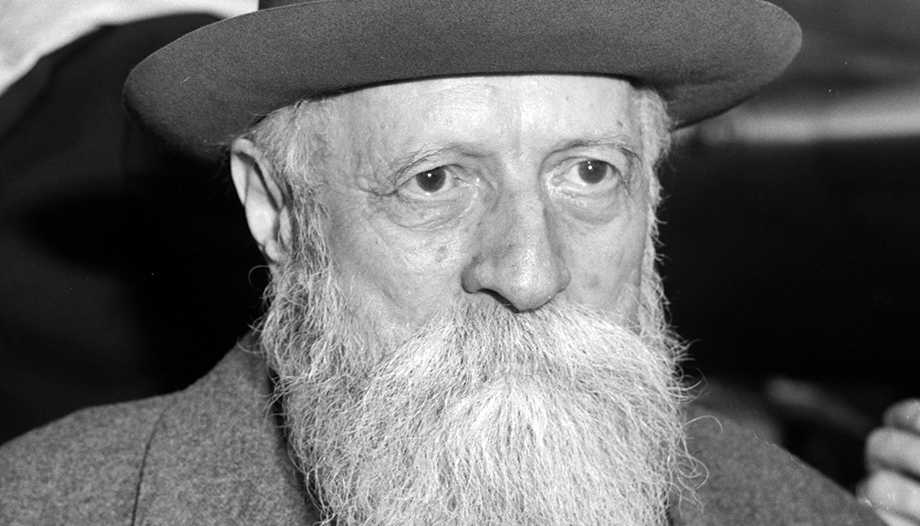
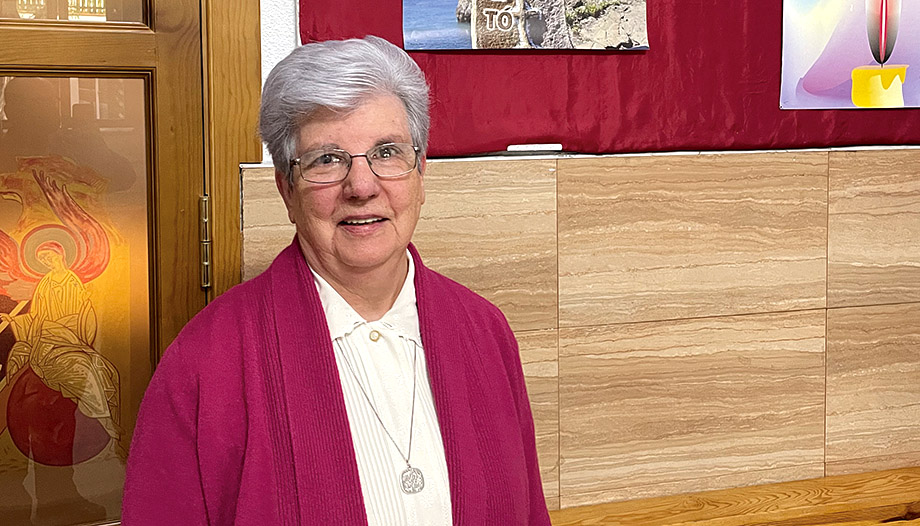
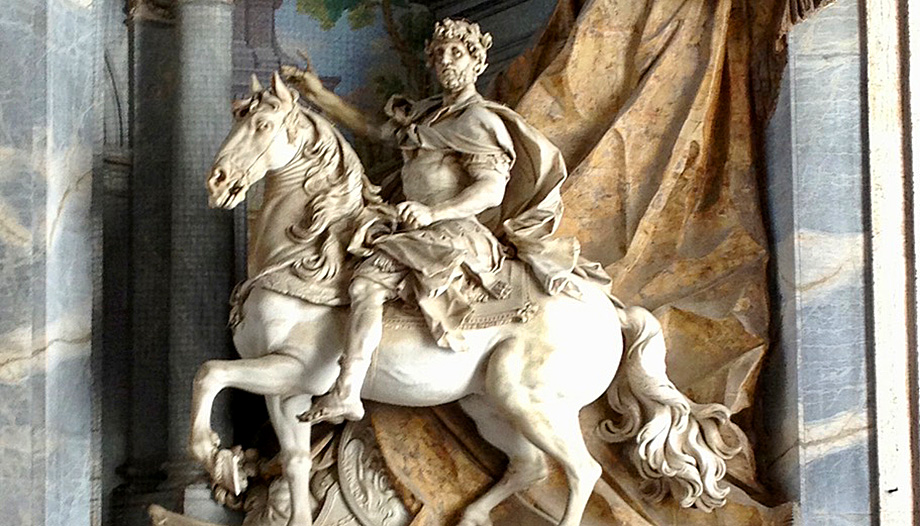
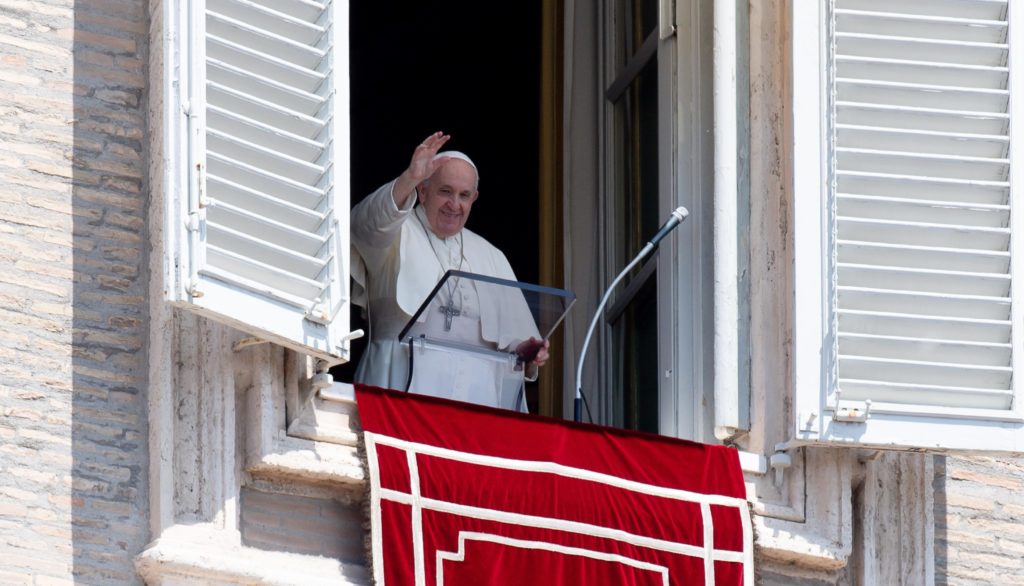
 Francis at the audience: "In times of trial we must remember that we are not alone".
Francis at the audience: "In times of trial we must remember that we are not alone".